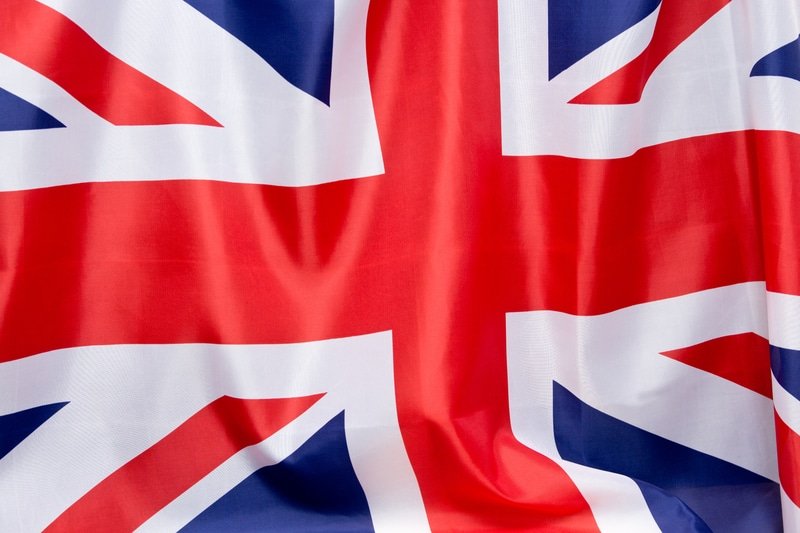The UK’s Competition and Markets Authority (CMA) has initiated proceedings against Emma, a popular sleep product retailer, accusing the company of using deceptive online sales tactics. The action follows an extensive investigation into Emma’s marketing methods, which reportedly include urgency-driven techniques like countdown timers and prompts suggesting high demand. The CMA argues that these tactics may create undue pressure on consumers, compelling them to make rushed purchasing decisions out of fear of missing out.
The CMA’s concerns about Emma’s sales practices began in 2022 when they observed that the company’s promotional strategies could exploit consumers’ anxieties about missing limited-time offers. Despite previous requests for Emma to amend its marketing approaches to comply with consumer protection regulations, the watchdog claims that the retailer has not made all the necessary changes. In particular, the CMA raised issues with Emma’s use of reference pricing, which may mislead consumers about the true value of its products.
George Lusty, the CMA’s Interim Executive Director of Consumer Protection and Markets, stressed that such misleading sales tactics can manipulate customers into spending more than they planned, as they feel pressured by the false urgency created by these tactics.
The CMA’s action is part of its broader effort to combat unfair online sales strategies, which it believes exploit consumers. This initiative falls under the CMA’s Online Choice Architecture program, which has already yielded results in similar cases. For instance, mattress retailer Simba Sleep adjusted its pricing methods after the CMA flagged concerns about its practices. In August 2024, Simba Sleep, following CMA guidance, revised its marketing to ensure that any advertised “was” prices accurately reflected previous selling prices, improving transparency for consumers.
The CMA’s legal push against Emma comes ahead of a significant regulatory shift. Starting in April 2025, the CMA will gain the authority to directly identify consumer law violations and impose penalties of up to 10% of a company’s global revenue, subject to judicial appeals. This change will give the CMA stronger tools to enforce consumer protection rules across various sectors.




